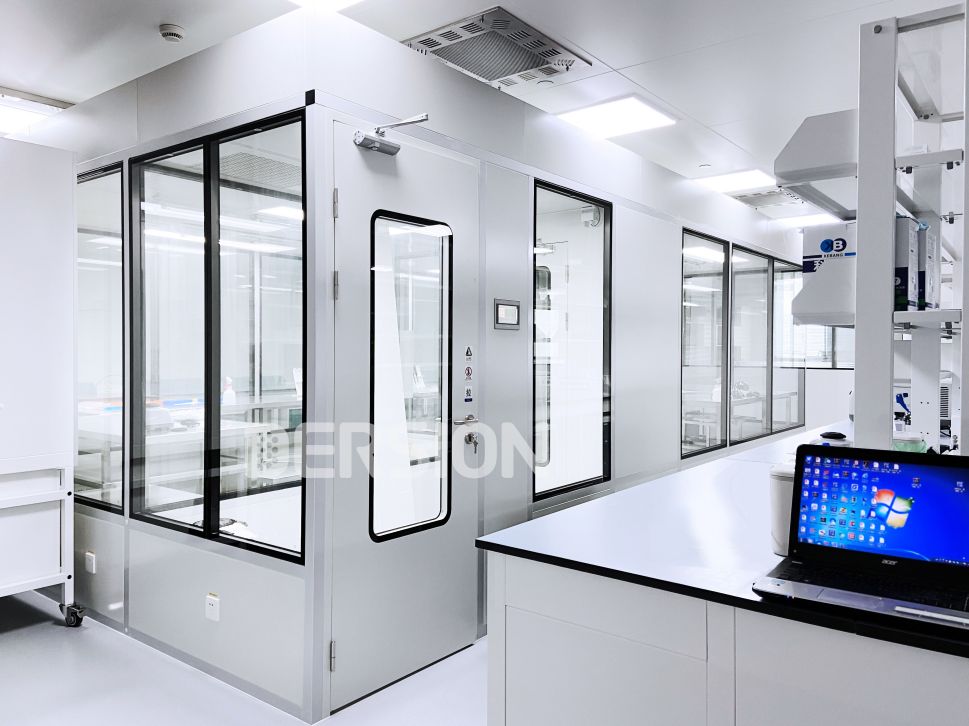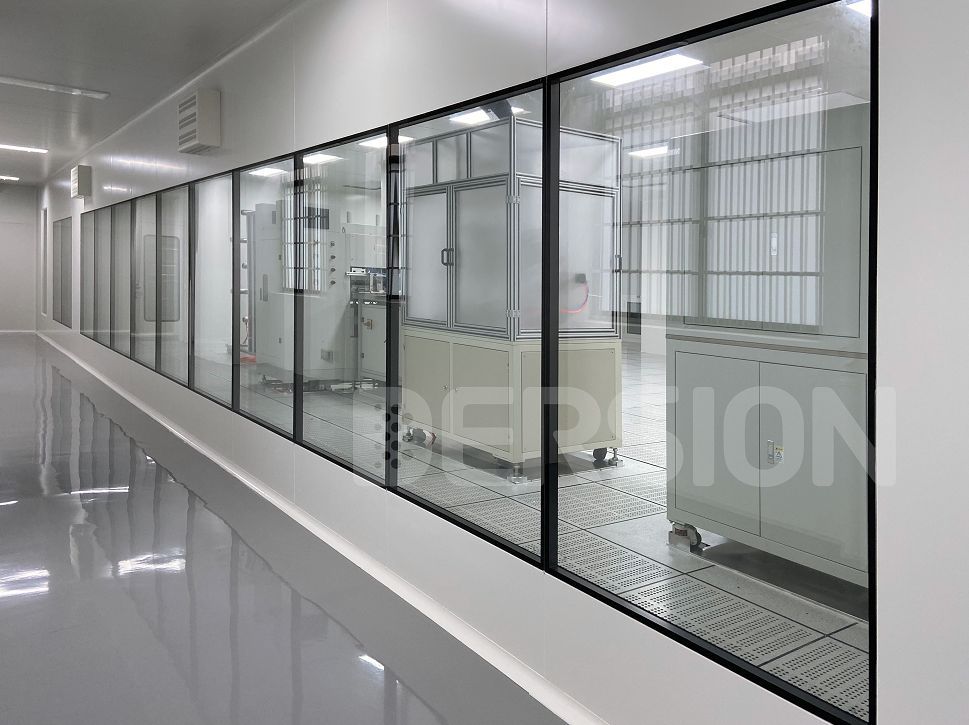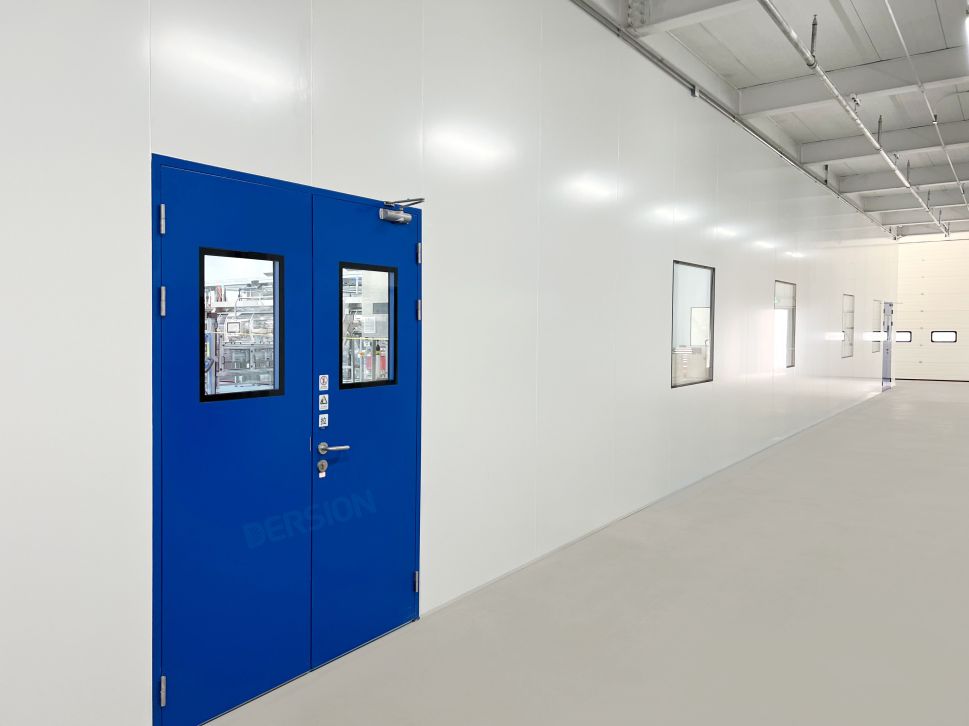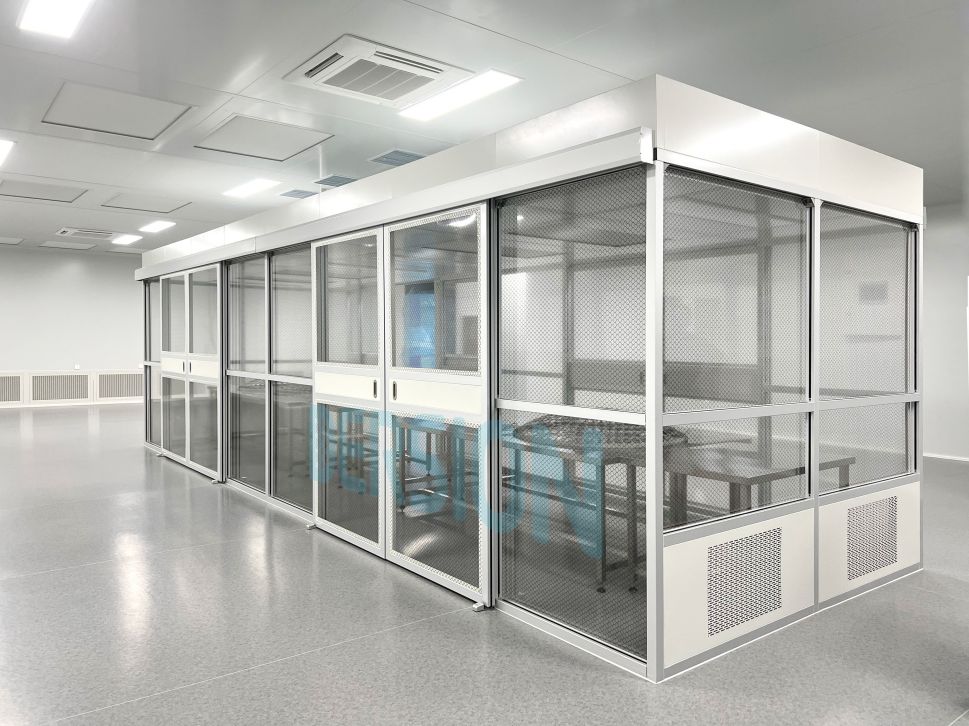
What is a clean room?
Clean rooms, also known as dust free rooms, are commonly used as part of professional industrial production or scientific research, including the manufacturing of pharmaceuticals, food, CRTs, LCDs, OLEDs, and microLED displays. Clean rooms are designed to maintain extremely low levels of particulates, such as dust, airborne organisms, or vaporized particulates.
To be precise, a clean room has a controlled pollution level, which is specified by the number of particles per cubic meter/per cubic feet at a specified particle size. A clean room can also refer to any given accommodating space in which particulate pollution is reduced and other environmental parameters such as temperature, humidity, and pressure are controlled.
What is a GMP clean room?
In the pharmaceutical sense, a clean room refers to a room that meets the GMP specifications defined in the GMP sterility specifications (i.e., Annex 1 of the EU and PIC/S GMP Guidelines, as well as other standards and guidelines required by local health authorities). It is a combination of engineering, manufacturing, completion, and operational controls (control strategies) required to convert a normal room into a clean room.
According to the relevant standards of FDA agencies, they have established strict and precise regulations for pharmaceutical manufacturers in the pharmaceutical industry. Good Manufacturing Practices (GMP) for the manufacture of sterile pharmaceutical products are designed to ensure that drugs are safe and contain their claimed ingredients and quantities. These standards aim to reduce the risk of microbial, particulate, and pyrogen contamination. This regulation, also known as current good manufacturing practices (cGMP), covers production processes, quality control, packaging, personnel, and GMP facilities.

In the manufacturing of non sterile drugs and medical devices, there is generally no need for high-level clean rooms, while for the production of sterile drugs, such as molecular drugs and synthetic drugs, there is inevitably a need for high-level clean rooms - GMP clean rooms. We can define the environment for the production of sterile drugs and biological products based on the GMP clean air level and classification.
According to the relevant requirements of GMP regulations, the production of sterile drugs or biological products is mainly divided into four levels: A, B, C, and D.
The current regulatory bodies include: ISO, USP 800, and US Federal Standard 209E (formerly, still in use). The Drug Quality and Safety Act (DQSA) was enacted in November 2013 to address drug related deaths and serious adverse events. The Federal Food, Drug, and Cosmetic Act (FD&C Act) establishes specific guidelines and policies for human formula. 503A is produced by a state or federal authorized agency under the supervision of authorized personnel (pharmacists/doctors) 503B is related to outsourced facilities and requires direct supervision by licensed pharmacists, not licensed pharmacies. The factory is licensed through the Food and Drug Administration (FDA).
DERSION Modular Clean Room
1. QUICK AND SIMPLE INSTALLATION
The most obvious advantage of modular clean rooms is that they are easy and quick to install. They do not have to be built from scratch and will not disrupt your operation with weeks or months of construction time. They are made from prefabricated panels and framing, so they can be set up within days or weeks. By choosing DERSION modular clean room, your organization can avoid delays and begin using your cleanroom almost immediately.
What’s more, DERSION patent design makes it easy to assemble or disassemble our modular clean rooms and economical to add on to them. This means our customers have the flexibility to add to, or subtract from, their cleanroom set up as the needs of their organization change. Because our modular clean rooms are not permanent structures, they cost less to purchase and with lower maintenance cost.
2. QUALITY PERFORMANCE
Modular cleanrooms use HEPA and ULPA fan filter units to remove particulate matter from the air and keep contamination to the necessary minimum. DERSION offers a variety of cleanrooms and cleanroom accessories that can help your organization comply with ISO, FDA, or EU standards. Both our softwall and rigidwall cleanrooms meet ISO 8 to ISO 3 or Grade A to Grade D air cleanliness ratings. Our rigidwall cleanrooms are a lower-cost solution for meeting USP797 requirements.
The benefits of modular clean rooms over traditional clean rooms are many. Their affordability, easy installation and maintenance, and performance over time make them an excellent choice for companies or organizations that need a cleanroom environment to operate right away. At DERSION we believe in the quality of our cleanroom products and the flexibility they offer to our customers. For more specifics on how these products might help your organization meet its needs, check out our softwall and rigidwall modular clean room pages.


